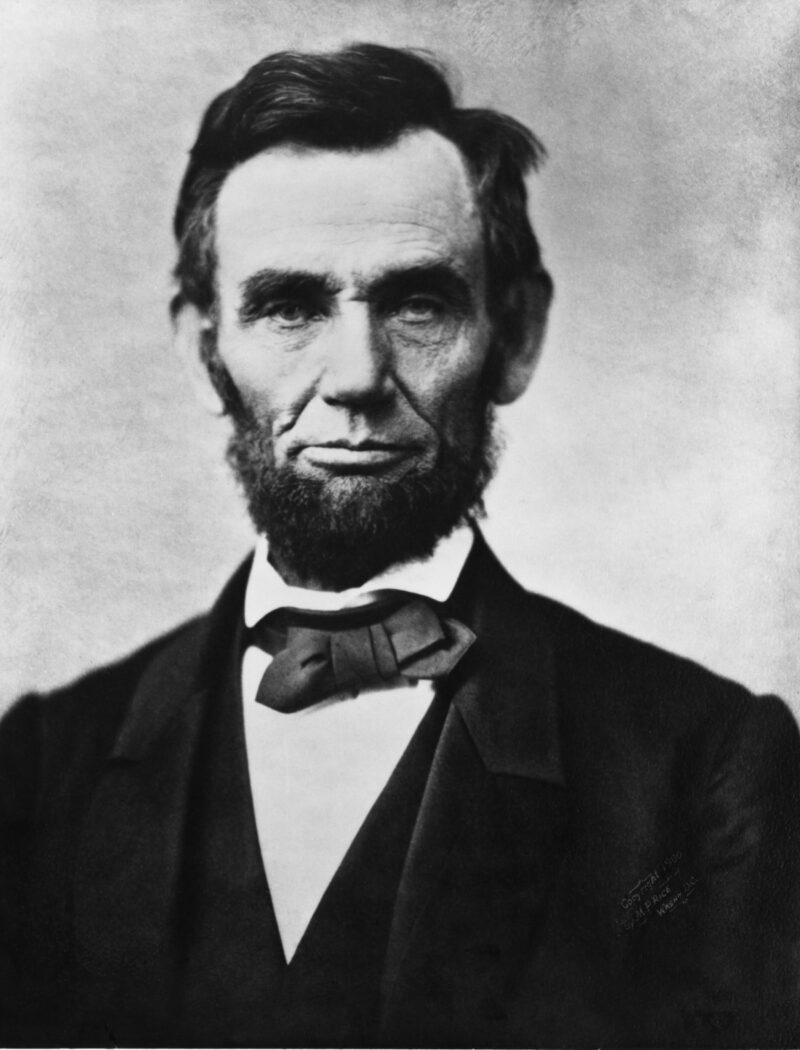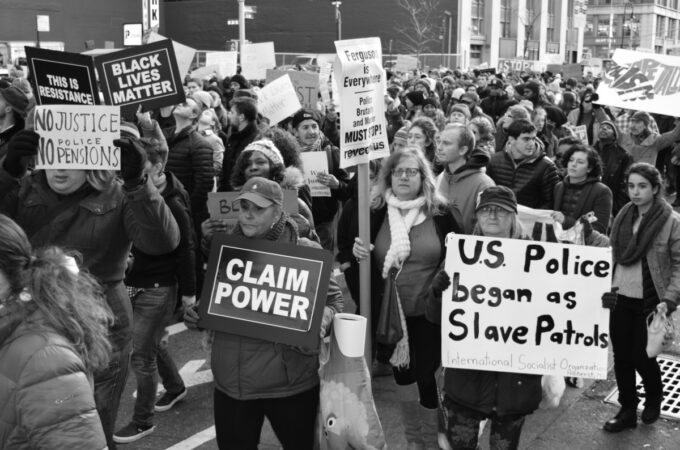In a dark dungeon I stood with a broken heart on centuries-old dry excrement. I was visiting the Cape Coast Castle in Ghana, a transshipping point for African captives in the British Atlantic slave trade. In each dungeon, hundreds of slaves were so tightly packed these desperate humans could only stand day and night for weeks at a time.
 In the courtyard above, our guide pointed to a quaint, whitewashed two-story building (at the extreme left in the picture) and said, “This is where the Christians met on Sundays for worship.” My heart was pierced. The British who ran this fort professed to worship Christ while, a few feet below them, thousands of slaves—each one precious to Jesus—suffered horribly. Here is the incredible irony of racism and slavery, perhaps the most evil institution of history, perpetuated by professing Christians.
In the courtyard above, our guide pointed to a quaint, whitewashed two-story building (at the extreme left in the picture) and said, “This is where the Christians met on Sundays for worship.” My heart was pierced. The British who ran this fort professed to worship Christ while, a few feet below them, thousands of slaves—each one precious to Jesus—suffered horribly. Here is the incredible irony of racism and slavery, perhaps the most evil institution of history, perpetuated by professing Christians.
One of the greatest causes of poverty in the world is the lie of racism – “my race is superior to yours!” This lie has brought misery, injustice and poverty to millions of our black brothers and sisters, and others around the world.
Engraved on the outside wall of the chapel (see the red arrow on the image above) was this sobering “never again” testimony.
In everlasting memory of the anguish of our ancestors. May those who died rest in peace.  May those who return find their roots. May humanity never again perpetrate such injustice against humanity. We, the living, vow to uphold this.
May those who return find their roots. May humanity never again perpetrate such injustice against humanity. We, the living, vow to uphold this.
The words “never again” struck me: an appropriate sentiment, but nothing more. Several hundred years later, Nazis killed six million Jews made in God’s image but deemed unworthy as a race.
Racism happened all through history
We see this lie manifest in other forms such as tribalism–my tribe is better than your tribe, casteism–my caste is superior to your caste, sexism–male is superior to female.
America’s lamentable slave history fits here. And, of course, not America only. Communists in the Soviet Union and China killed 100 million mostly minority people to ensure conformity to their Marxist ideology. The history of the USSR also includes ethnic cleansing of the Ukrainians, the Tatars, the Chechens and the Ingush among others. China persecuted largely non-Han peoples such as the Hakas, Uighur, Kazakhs and Tibetans in their countries.
In the Rwandan genocide in the 1980s, Hutu and the Tutsi tribe members slaughtered one another.
Even today, a slave trade is active in Africa and the Middle East, as well as sex slavery in Europe, Latin America, the USA, Asia. We can go on and on. Why do these “isms” proliferate? Because of ignorance about or rejection of the principle established at creation that human beings are made in the image of God. Godless atheistic and pagan cultures demean people of different backgrounds.
Slavery: the beginning of the end
But some men and women took seriously the “never again” pledge and stood against the tide of moral evil. William Wilberforce, parliamentarian and statesmen, and John Newton, repentant captain of a slave ship, inspired and led a moral renewal in England that made slavery unthinkable and ended the slave trade.
In the USA, Abraham Lincoln and Harriett Beecher Stowe led the emancipation movement, along with Harriett Tubman, who braved life and limb to create the Underground Railroad that ushered slaves to freedom. These, and the thousands who joined them, understood that before anyone is a slave, they are human beings. They could not rightfully be anyone’s property. While much of the world went sleepwalking, accepting or ignoring race as a moral evil, thousands of brave souls, black and white, fought to bring an end to racism and slavery. They believed in a moral universe.
The current racial tensions and riots are not unique moments in history. All the racial, tribal, and sexual aberrations over the generations are cut from the same cloth. We who cried “never again” too often ourselves find ourselves in the same place.
However, the issues raised by Black Lives Matter have caused me to reflect anew on racism. This series of blog posts is intended to give a worldview analysis regarding racism in America and globally. We will distinguish between the three perspectives: 1) the Judeo-Christian worldview, which establishes the antidote to racism, 2) the modern worldview with its traditional racism, that is inferiority and superiority based on skin color, and 3) the postmodern worldview that characterizes racism as structural or systemic.
- Darrow Miller







4 Comments
Amanaha Benjamin Great
July 29, 2020 - 1:35 amI wish this can be taught in our bible schools and churches.
Thanks Darrow Miller
admin
July 30, 2020 - 7:26 amThanks Amanaha
You can share these thing in your circles. We need more Christians to speak up and share.
Jennifer
July 29, 2020 - 6:49 pmHello Darrow, I love reading your blog posts and I have a question. Regarding the sentence as follows, “Godless atheistic and pagan cultures demean people of different backgrounds.” While I don’t disagree, don’t Christian (or professed Christian) cultures do the same? You mentioned in the post bear the beginning that British, professed Christians,” worshiped with an ungodly situation just beneath their feet? Am I missing something? How do we claim mercy and love for our brothers when people have abused the title Christian in such a horrific way?
admin
July 30, 2020 - 7:33 amJennifer
This is a very good question. Demeaning behavior of others is a result of human sin. We are all sinners, Christians and non-Christians. One of the manifestations of sin is envy and jealousy,; this often leads to our demeaning others. Our Lord and Savior Jesus Christ treated people with dignity and honor. It is his life, that we should seek to emulate.